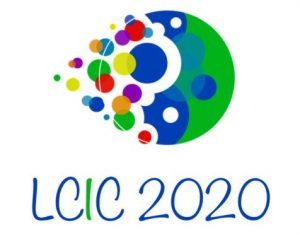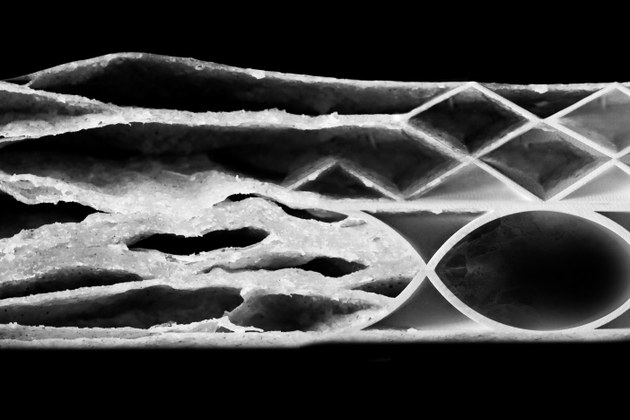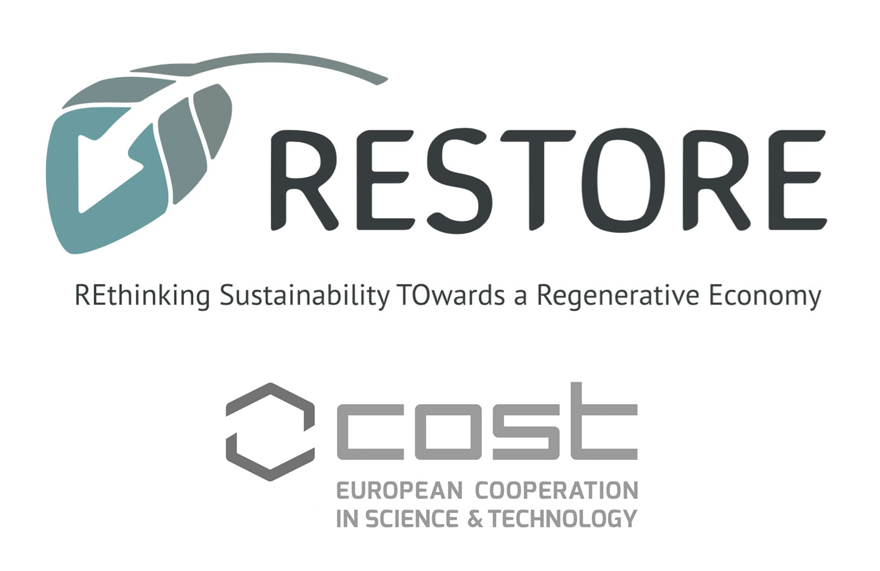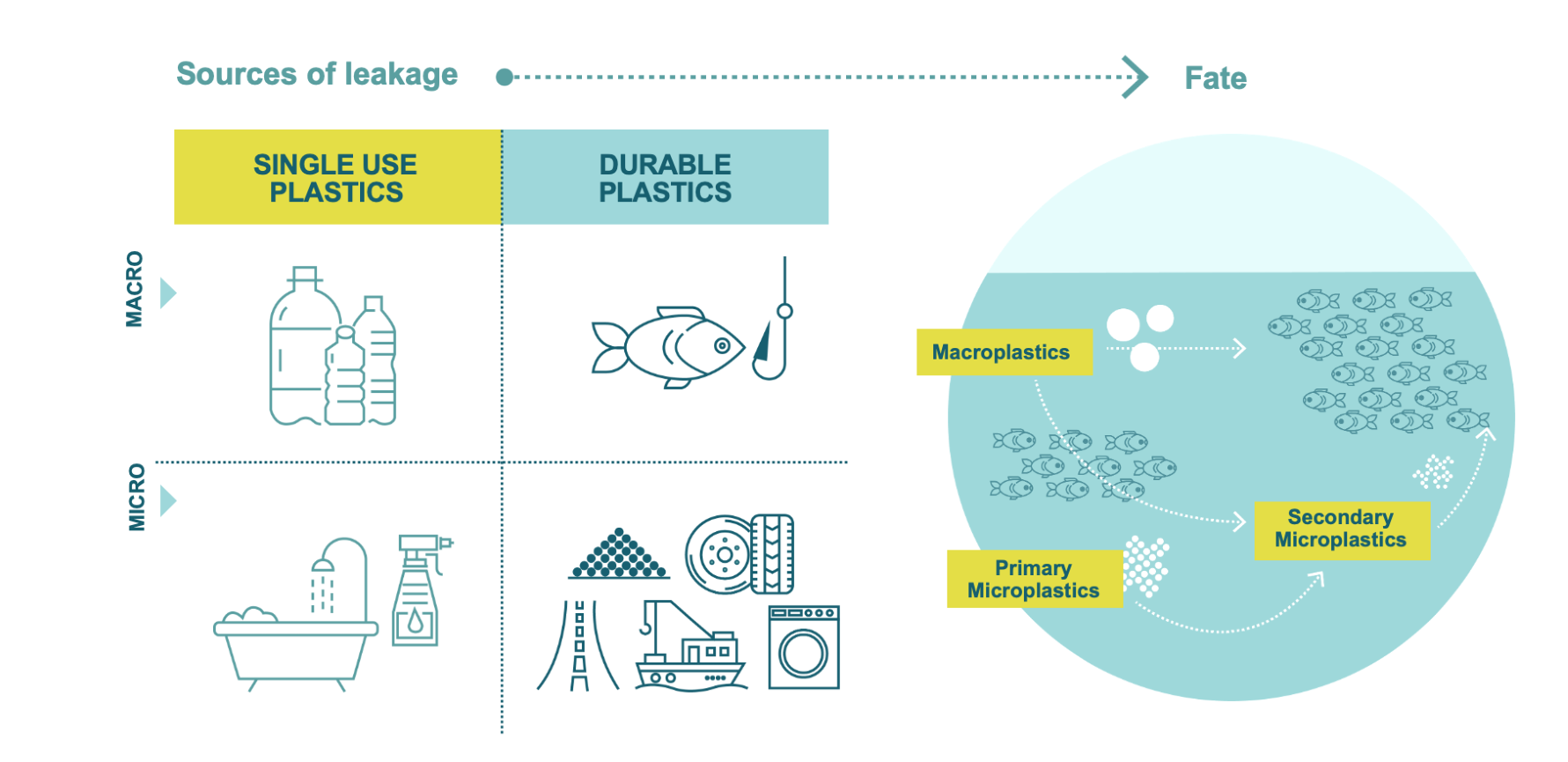Social Life Cycle Assessment of Products and Organisations 2020
We are delighted to announce the successful launch of the Guidelines for Social Life Cycle Assessment of Products and Organisations 2020.
The event, hosted entirely online, gathered 177 participants from Asia, Africa, Europe, North America and South America. Participants were from various sectors, including Agriculture, Metal Production, Construction, Education, Food, Health services, Public Service, Transport, Research and Development, Environment, Circular Economy, NGOs, Logistics, Energy, Chemical Industry, and Biotechnology.
Watch the full event online
Few words on the Guidelines for S-LCA of Products and Organisations
Since its first edition in 2009, the practice of social life cycle assessment (S-LCA) has evolved from a small circle of academic practitioners to one that now includes stakeholders from industry, policymakers, and business. This means having updated information and guidelines that do not need a prior understanding of lifecycle approaches. It also means ensuring that the right tools are in the hands of those who can inform the decision-making processes. These updated Guidelines fulfills both these objectives.
Because different S-LCA methods have diverging purposes and applications, these 2020 Guidelines do not dictate one path but rather explain the strengths and challenges of different approaches to solve multiple questions. Each section defines the main steps, provides examples and directs the user to additional resources and references.
These new Guidelines are a helpful reference regardless if you are new to S-LCA methods or an expert.
Survey on the subject of life cycle assessments
We have developed a questionnaire on the topic of life cycle assessment. How it is used in practice today and how it can be further applied. We would be very pleased if you could take 8-10 minutes of your time for the questionnaire. You are also welcome to share the link with your network.
You can access the survey via the following link: https://www.umfrageonline.com/s/b6677c5
Your participation is anonymous and your data will be treated confidentially and exclusively in connection with this study. The survey will be available until 20.12.2020.
Thank you very much for your support!
The Forum for Sustainability through Life Cycle Innovation (FSLCI) organized its second conference on Life Cycle Innovation in virtual form from August 26-28 2020. The conference report gives an overview of the LCIC 2020 and some of its highlights.
Included is a workshop on page 13 with the title:
Workshop 9: A new methodology being no more contemporary? How to interpret and weight the outcomes of LCSA!
The workshop organized by Jana Gerta Backes addressed the current state-of-the-art of LCSA (Life Cycle Sustainability Assessment), its use and interpretation and the challenges the methodology faces. Report
In response to a call for applications on 18 June 2020, the Commission selected 50 members and 10 special observers on the basis of their environmental, sustainable finance or social/human rights expertise.
The European Commission recently published the list of members of the Platform. Wherein Prof.-Ing. Marzia Traverso was selected for the platform on sustainable finance. Congratulations!
The platform will advise the Commission on the development of technical screening criteria for the EU taxonomy, and policy development, amongst other things, as required by the Taxonomy Regulation.
At the end of August the 2nd Life Cycle Innovation Conference (LCIC 2020) was successfully organized. The good news is that even if you missed the conference, you can now get access to all keynotes, panels and pre-recorded presentations! In order to make this amazing content available for a large audience, you can get access to it from 20€.
The conference, which took place virtually as a response to the global pandemic, was attended by a diverse crowd of more than 120 change-makers, innovators, entrepreneurs, researchers, practitioners and decision-makers with a passion for sustainability.
The conference combines a variety of different formats to create a unique space to engage also in a virtual setting. The conference focussed on sustainable innovation, circular economy and climate change. More Information

Digital series “Chances of structural change – New perspectives for NRW” from the 29.09 to the 27.10.2020
Key Dates:
29.09.2020: Resources and sustainability: with a key note speech from Prof. Traverso
06.10.2020: Open space, landscape and agriculture
13.10.2020: Buildings, neighborhoods and energy
20.10.2020: Mobility and Infrastructure
27.10.2020: Society and urbanity
In addition to key notes and practical reports on the challenges of structural change, a poster session is an integral part of every themed day. Every session will be followed by a plenary discussion.

The free registration and further information can be found on our website at www.rwth-aachen.de/ipe.

Professor Traverso and the team of the Institute for Sustainability in Civil Engineering are pleased to announce that the Collaborative Research Centre Transregio 280 has been approved by the DFG as part of the research association of the RWTH Aachen and TU Dresden. An interdisciplinary research team – inspired by mathematics, botany and art – is using carbon concrete to develop new concepts for resource-saving and material-minimised construction.
The adaptive manufacturing method in the production process and the continuous evaluation of sustainability over the entire life cycle promise to point the way forward in the development of strategies for constructions made of carbon concrete.
The approval of the DFG heralds the start of the first four years of the Collaborative Research Centre, which will run for a total of 12 years with a Budget of 29 Million €.

Key Dates:
10th August 2020 – Applications submission Deadline
20th August 2020 – Confirmation to the selected Trainees
07th September 2020 – Deadline for e-Cost registration and confirmation
09th September 2020 – Communication of Teams/Distribution of preparatory material
21st-25th September 2020 – From Monday 9.00 to Friday 16.00
Are you interested in such an experience?
Spread the word and / or apply now here!
Project: ISO-compliant life cycle assessment report for the BWM X3 30e Plug-in-Hybrid
 On behalf of BMW, the Institute for Sustainability in Civil Engineering has conducted a life cycle assessment for the plug-in-hybrid car X3 xDrive30e. More
On behalf of BMW, the Institute for Sustainability in Civil Engineering has conducted a life cycle assessment for the plug-in-hybrid car X3 xDrive30e. More
To help support decision making on mitigating actions in the transport sector it is paramount to develop a better understanding of the environmental impacts of road vehicles over their entire lifecycle. The following Report focuses on LCA studies for vehicles.
New Report: Determining the environmental impacts of conventional and alternatively fuelled vehicles through LCA
This report summarises a range of vehicle life-cycle assessment (LCA) studies available in the public domain, which were found to be of varying focus, data quality, detail and coverage. It develops a policymaker-oriented LCA methodology for light- and heavy-duty vehicles covering a selection of major powertrain types and fuel chains for the 2020 to 2050 timeframe. Report
Professor Traverso was elected Equal Opportunities Representative of the Faculty of Civil Engineering at RWTH Aachen University. Starting in July 2020, Professor Traverso will be officially committed to the equality of all genders for the next two years with all her expertise and experience. Congratulations!

The summer school will be organized under the theme “Bio-economy and the food life cycle – A life cycle management toolbox for sustainable regional food and biomass” from 21 September to 8 October 2020. Due to the global Covid-19 pandemic, LCSS 2020 will take place this year as a virtual summer school! More
Among the most commonly used types of beverage bottles are bottles made from plastics for single use. The environmental impact of single-use plastic bottles has been widely discussed in society. To mitigate the environmental problems of single-use plastic bottles, there is a need to consider alternative solutions. This report summarises current knowledge about the environmental performance of single-use plastic bottles and their alternatives, and analysis how this knowledge can be used to guide policy makers and other actors.


Calculate the social, environmental and health impact of your business working from home.
Used in e-mobility and electronics, batteries are essential to achieve the EU objective of decarbonisation of the economy and other challenges related to sustainable development. Several policy initiatives have been issued and others are under discussion to promote sustainable and competitive production of batteries in the EU. Recently, various stakeholders highlighted social risks related to supply chains of batteries and in particular in regard to the provision of raw materials.
The aim of this survey is the weighting of different indicators for the assessment of mobility services. These indicators assess, for example, noise pollution, space occupancy or impacts on health and safety.
The results of this survey help to prioritize these various aspects. To do so, the indicators are compared pairwise. Taking part in the survey takes about 10 minutes. We would highly appreciate if you could take the time to complete the survey: https://www.umfrageonline.com/s/indicator_weighting_a
If you have any questions feel free to contact:
Katharina Gompf
Mail: Katharina.Gompf@bmw.de
First standardized guidelines to measure plastic pollution across corporate value chains published by the Plastic Leak Project


The INaB is part of the Aachen2050 movement. We need a large, shared and sustainable picture of the future. Aachen2050 is currently building a regionally oriented platform that brings together and coordinates acting and interested supporters and wantes to develop the urban region into a common future.
Do you want to know more?: https://www.buergerstiftung-aachen.de/projekte/interne-projekte/aachen-2050.html
Become a fan!: https://aachener-bank.viele-schaffen-mehr.de/aachen2050
The aim of the association is to concentrate the skills of the engineers on the reconciliation of nature and people and to give the engineers and other contributing faculties precisely this philosophy as the basis of all their “doing and acting”.
If you would like to know how to support this association please visit the following website: https://humanotop.earth/
INaB is part of The Steering Commitee in the project on ‘Revision of the Guidelines for Social Life Cycle Assessment’
The 3rd Draft of the revised Version of the guidelines for S-LCA of Products is just posted online.
The aim of the project group is to launch the Social LCA Guidelines as UNEP publication in June in conjunction with the Social LCA conference in Gothenburg (June 17 2020).
If you would like to know more about this project visit please the two following websites:
https://www.lifecycleinitiative.org/updating-the-social-lca-guidelines/
NEWS: FOR MORE REPAIRABLE & DURABLE PRODUCTS
EN 45554: A standard that works for the environment


Apply now: Life Cycle Summer School 2020
This year’s edition will focus on the theme “Bio-economy and the food chain – A life cycle management toolbox for sustainable regional food and biomass development”. The Summer School will be held in Berlin, Germany, from 9 – 12 October 2020. More
Guest Lecturer at INaB the 9th January 2020
Dr. Henry Abanda from Oxford Brookes University/UK
Titel: BIM for Building Environmental Performance Evaluation
Where: Lecture Hall H08, CARL, Claßenstr. 11, 2. Floor, Room219
When: Donnerstag, 09. Januar 2020 10:30 – 12:00 o’clock
Studyline: “Bewertungsmethoden für nachhaltiges Bauen”
Dr. Henry Abanda PhD, Dipl.-Ing.,PGcert (Distinction), BSc (Hons), CEng, MIET, FHEA
Henry Abanda has a BSc (Hons) and Dipl.-Ing. in Mathematics/Physics and Civil Engineering from the University of Buea and École Nationale Supérieure Polytechnique (ENSP) de Yaoundé. After obtaining his degree in Civil Engineering in 2003, Henry worked as a Project Engineer on projects funded by the governments of Cameroon and Japan. Later, Henry obtained his PhD from the School of the Built Environment at Oxford Brookes University in the UK in 2011, where he is today a Senior Lecturer and Researcher.
His research interest is in the area of emerging digital construction technologies. He has designed, implemented and delivered BIM related courses on the undergraduate and post-graduate programmes in the School of the Built Environment (http://hardhatsatbrookes.blogspot.com/2016/05/msc-building-information-modelling-and.html). Recently, Henry mentored a group of students from the School of the Built Environment at Oxford Brookes for the first ever WorldSkills UK Building Information Management (BIM) – Regional Competition. The competition took place between 17- 19 June 2019 at the Autodesk University Conference where the team from Oxford Brookes competed with students from South Bank and Middlesex universities. Out of the first 3 students selected to represent the region, the first two were Henry’s mentees. (https://hardhatsatbrookes.blogspot.com/2019/07/autodesk-university-conference-june-2019.html).
He is currently supervising 4 PhD students working on construction project management, facilities management, BIM, Big Data and the Semantic Web. Prior to this, he had co-supervised 2 PhD students to completion. He is an external examiner in many European Universities. He recently examined a PhD candidate in the Maersk Mc-Kinney Møller Institute-The University of Southern Denmark. Henry has delivered BIM lectures at the Universidad de Lleida-Spain, Ecole Nationale d’Ingénieurs de Tarbes-Institut National Polytechnique de Toulouse-France, UN-Habitat III conference in Quito, Ecuador, School of Planning and Architecture-New Delhi-India-a top tier institution of learning in India, Architectural Association of Kenya (AAK), Ecole Nationale Supérieure Polytechnique de Yaoundé and Ecole Nationale Supérieure des Travaux Publics- Yaoundé, Cameroun. Henry was the lead facilitator in training 180 UK-based construction professionals through hands-on workshops on the use of BIM for construction project management and quantity surveying as part of the European Regional Development Fund Programme FutureFit Build Assets funded project.
